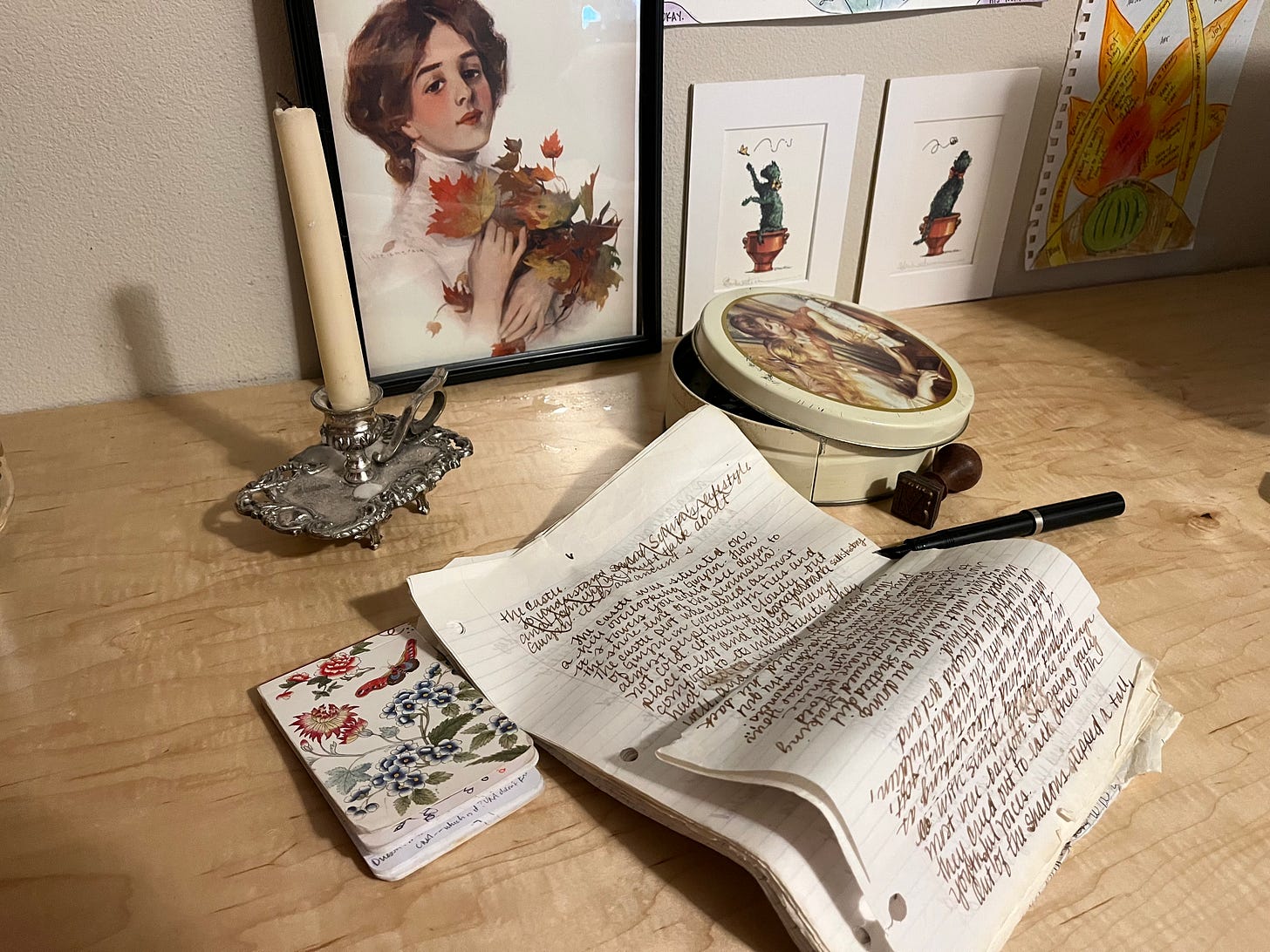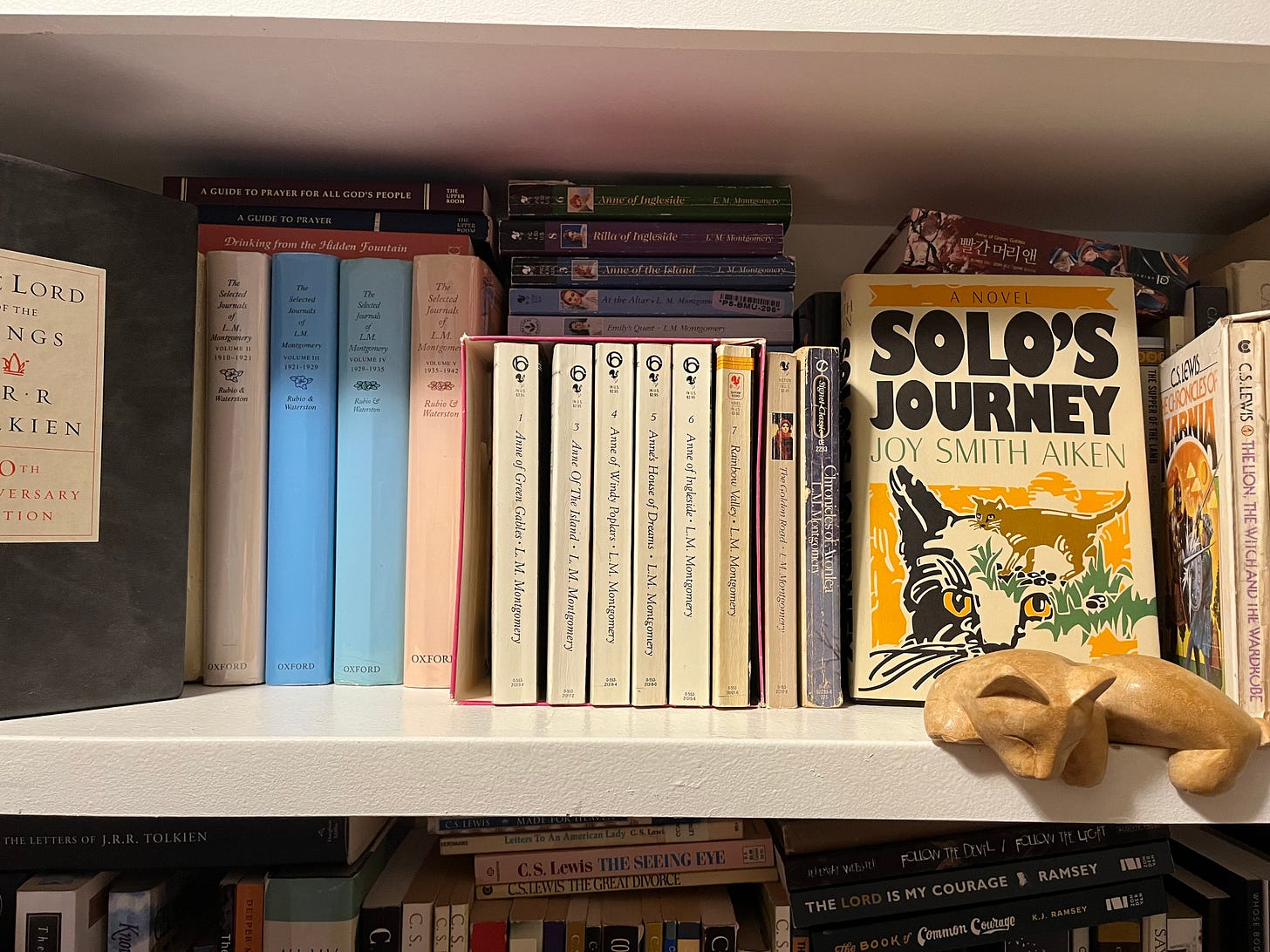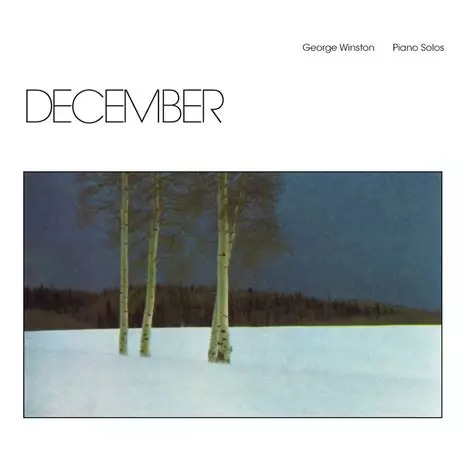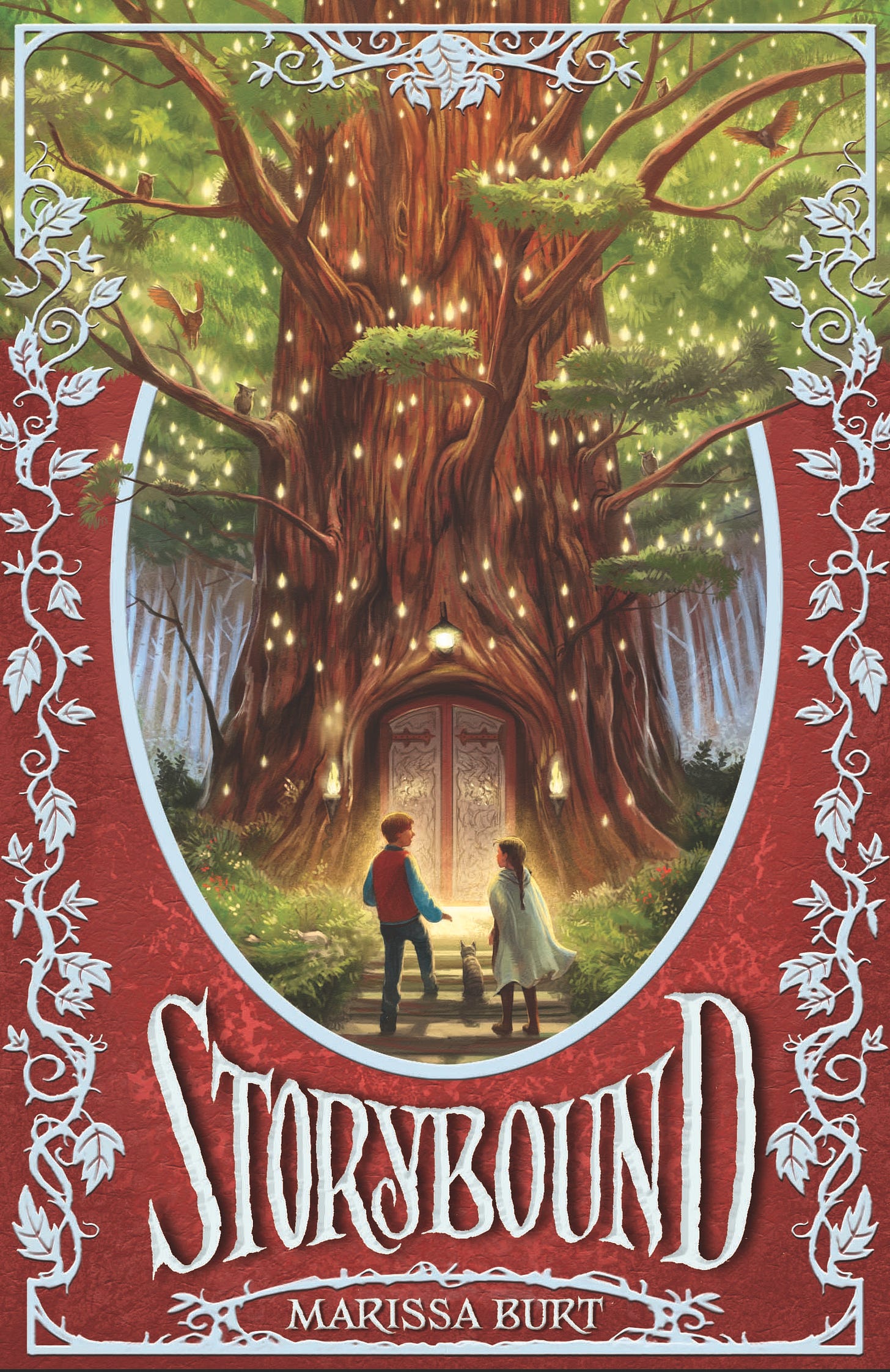I’ve been a book-lover as long as I can remember, and many of my favorites included heroines (ahem! Jo and Anne and Emily!) who dreamed about writing, so it had always been a whisper in the background of my imagination: Marissa, what if you wrote a book someday? I’d given it a go during high school, when I sat in the back of the chemistry classroom and scrawled out a crinkled draft of a story with my fountain pen. Yes, I was that girl. But even high school me knew my story was a mash-up of the novels I was reading at the time, so it ended up relegated to my cedar chest alongside angsty teenage poetry.

Parenthood has a way of reorienting perspectives, and, so, after my first son was born, mid-twenties-me realized: this dream about writing isn’t going to get any easier. My new maternal responsibilities had me looking at my carefree younger days and marveling: what on earth did I do with all that time? But after the initial postpartum whirlwind, once I began sleeping for more than a four-hour stretch, my husband Aaron and I eased into new rhythms of parenthood, and we arranged our schedules so that each of us had a half-day off a week as a day of rest—free to do whatever we found nourishing. Most of my days off involved moseying around downtown Columbia, SC (where we lived at the time), or sipping a cup of coffee while I scoured the parenting section at Barnes and Noble to find that elusive secret of nighttime sleep, or soaking up the silence in the back pews of the Basilica of St. Peter.
After some months, I regained a sense of equilibrium. I didn’t feel quite so desperate for unrestrained time to wander or quite so hungry for leisure. In those days I marched to a pretty steady drumbeat of make-the-most-of-the-time, which—for all its eventual problems—has brought with it all kinds of productivity. When my son turned ten months old, I decided that I might as well dust off the old writing dream.
When I started drafting, we were still living in seminary student housing, a single-wide from the 1970s, where it was a stretch to find both quiet and any space to write. I sat on our mattress (on the floor because which seminary student has a bed frame?) beside the crib (wedged in what once was a closet), scribbling on a spiral notebook, while my husband and son played, happy shrieks unmuffled the particle board walls. But as I began working in earnest, my husband and I moved off campus. So, when it was my morning off, I would tuck away in the odd-shaped little room off the main living space; we called it our “study.” It had a built-in desk, a half bath, and just enough room for a guest twin bed—I could shut the door, lock it, and write for a four-hour stretch.
Back then I didn’t know about plotting (where you outline a book thoroughly before drafting) or pantsing (where you fly by the seat of your pants), I didn’t know about techniques or three-act-structures or point of view or intended audiences. I just had had blank pages and an inkling of a story idea.
Many authors will tell you that ideas for novels begin as “what-if?” questions, and that was the case for me. Ever since I first started reading chapter books, I experienced the piercing blend of satisfaction and sadness when I turned the final page of a good tale. I wanted to stay in Narnia. To keep journeying with Solo. To roam the brick-red cliffs of Prince Edward Island. To find my own fellowship and adventure.

So keen was my delight in the stories I read that I felt as though I was in them . . . part of them. And so I returned to that sense of longing: “What if a girl found herself falling into a story, swept up in the tale alongside the characters?” And from there came additional questions, like little breadcrumbs leading me along the path of world-building. Why would she enter the book-world? And what was it like there? How did it work for characters-in-books to live out the stories we read? How would they respond to someone being “Written In”?
And so I began to write the very first pages of Storybound (which was then tentatively titled The Tale of Una Fairchild). At the time, I was trying (and failing) to read Spenser’s Faerie Queen. Surely if Anne Shirley could lose herself in it, I could as well. But alas! For all my love of reading, poetry has always been a challenge for me. I never finished Spenser’s epic, but some of his early characters made it into my novel when Una entered their Tale in the Land of Story.
Other things from my life at the time worked their way in, too. My son’s initials show up in the Dewey Decimal numbers on library books. Characters from my favorite books get cameos. I had such fun putting in elements that delighted me: a snarky, talking cat named Samwise, cozy nooks with fireplaces and crooked architecture and hot chocolate and toasted cheese, mysterious figures and moonlit nights and a boarding school vibe. This was the early 2000s, so I didn’t have Pinterest or online helps to give shape to my ideas, which, I think, was a blessing in disguise. Once, I came across a spread in a glossy magazine that captured the woodland vibe I was going for, but most of my world-building was a fumbling effort to translate the vision in my imagination to the page.

I also tried my hand at a map. I am a words person. Clearly.

As I wrote, I found myself wrestling with ideas about theodicy as well (I’m also that girl - haha!) What were the stakes in the Land of Story? What motivated the Enemy? The clear-cut districts in Story—westerns, romance, fantasy, horror, contemporary stories—trended toward cookie-cutter tropes, which were fun to write and also raised interesting questions when they failed to fit the mold. The characters in Story discovered alongside me that tidy categories of “good” and “evil” don’t really track with the messy reality of being human, of the line between good and evil running through us all.
Little by little, week by week, I added another scene, another chapter. Until, about nine months later, I finished my very first, very rough, draft.
I printed it out and put all the pages in a three-ring binder that I took to the local (and only, at the time, if you can believe it!) Starbucks in Columbia, where I read and edited from the plush velvet chairs they used to have. I never remembered to bring CDs with me (these were the days before streaming), so always found myself stuck with what I had on hand to block out the background noise. Which always ended up being the same old scratched up, forgotten album of piano-Christmas music. Some authors have playlists for their books, but Storybound was written to the tune of my husband playing with our toddler son and, on coffee-shop days, George Winston’s December. Such is the glamorous life of the author

I cut my fantasy-reader-teeth on Shannara and The Lord of the Rings and The Wheel of Time, so it felt perfectly natural for me to end my tale with a cliff-hanger, a to be continued, something I eventually came to regret (more on that later!) But I was very satisfied with the end result. I didn’t know if my book was any good, had no idea what would happen next, but I had done it. I had written a novel.
If you’re a writer, you probably can remember that feeling, when you reached the final page and finally found yourself writing “The End” with a flourish. There’s nothing quite like it. That sense of triumph and excitement, the first-time-author’s naive hope that they’ve written something remarkably good and original—even if they’d never voice those words out loud. That soaring feeling lasted until the day when I, drafting and editing done, was back at Barnes and Noble, browsing the shelves with starry-eyed dreams about my own book joining them and came across Cornelia Funke’s Inkheart. I read the back copy of the book with a sinking feeling.
You mean someone else had written about a character entering a book world? My delightful idea wasn’t original?
I’m pretty sure I didn’t burst into tears right there in the shop, but I probably just about could have. I can laugh about it now, but back then it felt like a devastating blow. My poor story! Who would ever read it now? I’m glad to say that I’ve since learned that there is no scarcity in the realm of creativity. There is no need to hoard up ideas or wait until you’ve found the Thing No One Has Ever Thought Of Before. It’s probably impossible in any case, but the point isn’t edging out the competition. The point is telling your version of your story.
To be honest, I still haven’t read Funke’s books and, though I recognize the ridiculousness, feel grumpy whenever I see them in stores, but it was good to early on realize that I didn’t have the corner on the market of fairy tale story retellings. (ha! Imagine thinking that to begin with!). A few months after my book came out, I saw that Chris Colfer, a famous actor, released his own series with a similar concept . . . and even a similar title. Instead of giving in to the tears burning at the back of my eyes, I thought of the readers, girls like nine-year-old me who were desperate for the next iteration of Watership Down, who wished Lucy Maud Montgomery had written a dozen more novels, who longed for just one more story set in a favorite world. Perhaps they’d be happy to find all our books.
Which is how I came to realize something that’s carried me a long way through the ups and downs of writing: There is no scarcity in creativity. There are no bounds to imagination. There is no end to the unique ways different people will tell their stories.
This invitation to abundance has been freeing in other ways, too. Writing in the nooks and crannies, making do with whatever space I had (and whatever soundtrack available) helped me to see something I didn’t yet know: if I actually wanted to write, I couldn’t wait for the Muse to show up. The perfect environment, the inspiring background, the ideal chunk of time, the most original story, the right kind of pen and paper—all of that was nice if I could manage it, but none of it was necessary. The only way I’d finish writing my story . . . was to sit down and write it.
That truth has served me well over almost twenty years of writing. The circumstances for each project, the ideas for each book, the time I’ve had to write—all of it has varied a great deal.
I suspect this might hold true for you as well, especially if you’re an aspiring writer, trying to squeeze your writing in among other responsibilities. Maybe it helps to hear that it’s okay for things not to feel just so, it’s okay to only have an hour or two here and there to write, it’s okay for it to be imperfect and unplanned and uncertain. If you wait for all the stars to align, you’ll be waiting forever, and your book will remain unwritten, your story untold. Perfectionism is the enemy to creativity, so, as much as you can, pack all those ideals up in a little box out of reach and instead carve out your own good-enough space for getting words on the page.
Little by little, they’ll add up, until someday, you might find yourself saying: okay, then, my first book is written . . . what next?
About Storybound:
In the land of Story, kids go to school to learn to be the perfect character: a brave Hero, a trusty Sidekick, even the most dastardly Villain. They dream of the day when they will live out Tales written just for them.
But when an ordinary girl named Una Fairchild finds herself Written In to Story, she discovers that the magical land is threatened by a dark secret. As she digs deep into Story's shadowy past, Una realizes that she is tied to the world in ways she never could have imagined—and it may be up to her to save it.
“An appealing fantasy. Strong writing and interesting characters make Una’s journey enjoyable, and the overall result will have readers on the lookout for the planned sequel.” — Publishers Weekly
“A richly imagined world. Readers will enjoy the mind-bending fun of puzzling together small details.” — Booklist
“Readers who love fantasy may see an opportunity to snuggle up with a cup of cocoa and unravel the plot, which twists and turns in on itself, with happy surprises.” — Kirkus Reviews
“With its unique twist (her roommate, for example, is a snooty Snow White), Una’s adventures should charm those who enjoy fairy-tale reboots, and the cliff-hanger ending could ensure demand for a sequel.” — School Library Journal
***
Thanks for reading! This is the first in an ongoing, once-in-awhile series about writing, my novels, and insights into the publication process. Find the second post in this series here. If you’re interested in hearing more from me about writing, paid subscribers get access to: my How to Write and Publish a Novel course, which will coach you step-by-step through the planning, drafting, editing, and preparing to publish a 50K word novel, my How to Write a Nonfiction Book Proposal course, which guides you through the drafting and editing of a complete proposal, and my Tips for Querying a Literary Agent one-sheet.
I’d love to hear from you if you’re another writer—what was your first writing space, first playlist, first finished draft? —M
***




My first finished piece of writing that I remember was a poem assigned in my 9th grade English class. Without my knowledge, my teacher submitted it; that cleverly formatted bit of art was published in an anthology. I wish I had kept it.
I honed my writing skills as I journaled to capture all the wild thoughts banging around like ping pong balls in my brain. Sometimes I'd write my reactions to world events or some spiritual insight and think, "That's pretty good. Someday I will share it with the world." Mostly philosophical stuff. Things I'd never heard anyone else say.
I never saw myself as a fiction writer until I joined a weekly writer's group. The leader would occasionally give us a prompt, and we'd have 15 minutes to write. Halloween 2021 the prompt was to write something scary. I liked those few paragraphs so much, I decided to expand. My first novel is still residing in a manila folder - 3rd draft. I think it's got good bones.
It's pretty scary. I quit writing because I was actually going through real-life horrors - realizing I was in an abusive marriage, preparing to leave, filing for divorce and now in healing mode awaiting the final divorce decree. Imagining more horrors to put into a fiction work had me so worked up I couldn't sleep. So I dropped it but have never forgotten it. I will finish it someday soon.
I have written several short stories that I'd like to polish and publish in a book. Someday.
I do plan to start posting some of my non-fiction "things I've never heard anyone else say" bits on Substack.